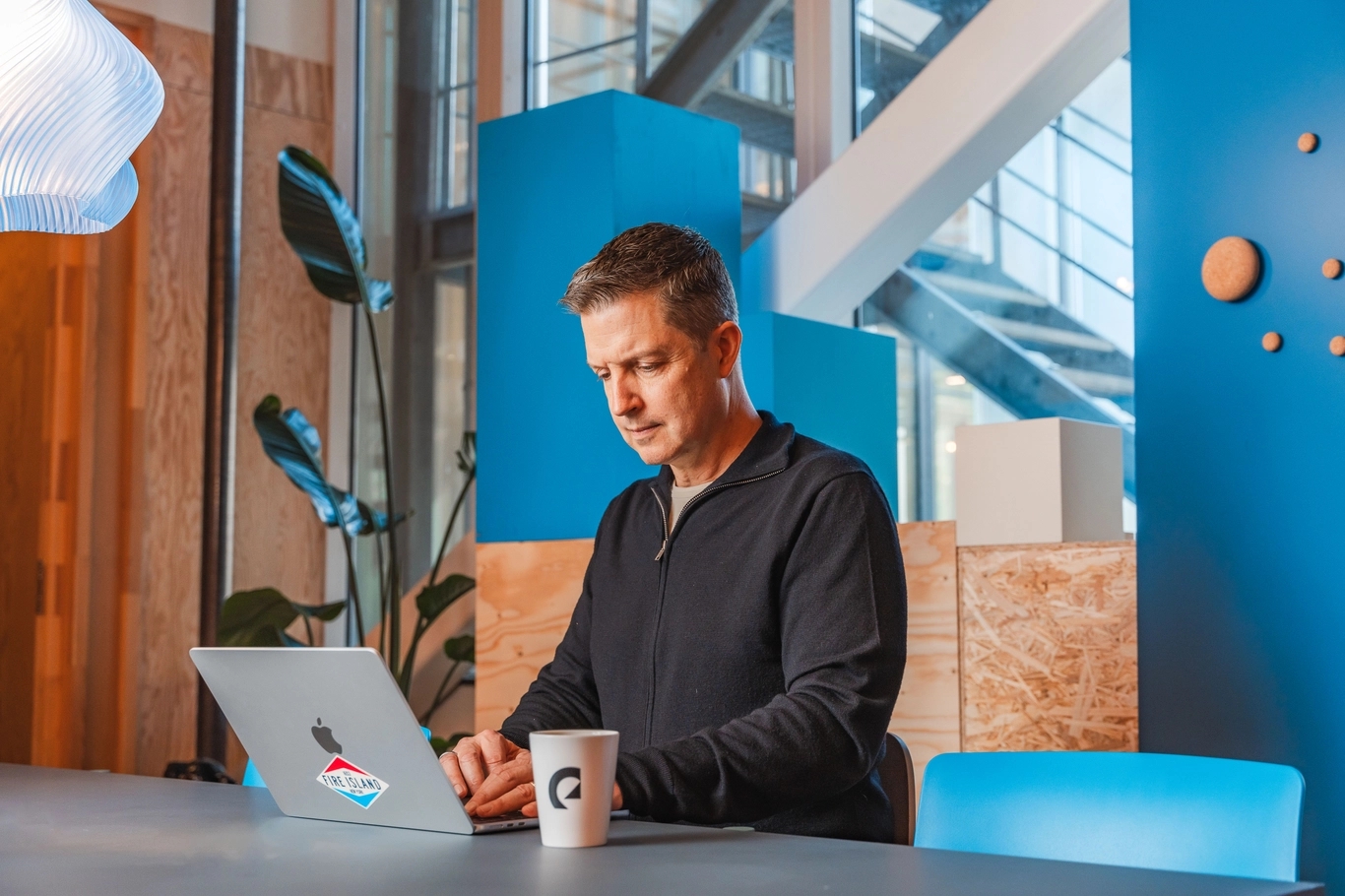Sam Hall: building win-win products in the age of AI

As Chief Product Officer at Epidemic Sound, I spend a lot of time with my team thinking about one deceptively simple question: How can we make soundtracking effortless for creators?
It’s not an easy problem. Anyone who’s edited a video knows the creative process is rarely linear. Music isn’t just a background layer — it’s the inspiration, identity, and often the emotional core of a story. Our research shows that 94% of content creators see music as critical to their content’s success. And for artists, it’s their craft, their livelihood, their signature.
That’s where the real product challenge lies. How do you build tools that give creators more freedom, while also ensuring that the artists behind the music thrive? For me, that’s the essence of great product leadership: creating win-win outcomes where no one has to lose.
AI in Service of Human Creativity
Right now, AI is everywhere — and in music the conversation seems to centre around using AI to make new music. We’ve chosen a different path. Our vision isn’t to replace musicians with AI-made tracks, but to use AI to adapt human-made music so that creators can fit it perfectly to their content.
From a product perspective, that’s the more meaningful challenge: not “Can we make music?” but “Can we help creators shape music to fit their story — and in doing so, continue to give artists more reach and reward?”
Turning vision into product
That’s why we’re launching Adapt: the first of a new set of features that will help us achieve our ambition of making soundtracking effortless for creators. Adapt allows creators to take a track they love and fit it perfectly to their content — extending, shortening, changing instrumentation, even shifting energy. What used to take hours of editing and technical skill can now be done in seconds. But while we’re aiming to make it as easy as possible, it’s a hugely complex problem that takes time and iteration to solve. AI helps, but it’s never a perfect fix — so we’re putting tools like Adapt out there for creators to use (at no extra cost to them) and to give us feedback as we build. That iterative approach to product building is essential to get to where we want to be.
Rewarding Artists in new ways
A win-win only works if both sides share in the value created. For artists, Adapt means their work is used more often, in more contexts, and heard by bigger audiences. Epidemic Sound’s music already drives over 3 billion daily views on TikTok and YouTube — and if AI-powered adaptability helps more creators choose a track, then that track, and the artist behind it, travels further and faster.
And we’re not just talking about value — we’re sharing it. As Adapt rolls out, we’re evolving our remuneration model with a 43% boost in artist bonuses overall. That means raising the annual Soundtrack Bonus pool from 35M SEK to 40M SEK, and introducing a new 10M SEK Adaptive Soundtrack Bonus Pool, so artists are directly rewarded when their music is adapted.
This isn’t just about money — it’s about building trust. Our AI models are trained on our own and other fully licensed catalogs, ensuring no legal grey areas for creators and full transparency for artists. That ethical foundation matters as much as the technology.
The bigger picture
For me, this is what product leadership is all about. Not just building features, but asking: How does this create lasting value for everyone in the ecosystem?
When you get it right, a product can amplify human creativity rather than compete with it. It can open new doors for creators, while rewarding the artists whose work inspires them. That’s the kind of win-win that motivates me and my team, and it’s why I believe the future of soundtracking is about to get a whole lot closer.

About Sam Hall
Sam Hall is Chief Product Officer at Epidemic Sound, having joined the company in February 2024. Sam has previously been Chief Product Officer at CLEAR, GrubHub and ClassPass, with experience of driving B2B and B2C offerings, growing user bases, and leaning into machine learning to revolutionize customer experiences. He also spent nearly a decade at Amazon at the dawn of mobile development with responsibility for developing and launching the mobile shopping app. During his time at Amazon, Sam led the company’s mobile business from the ground up, applying machine learning tools to the experience and progressing it to reach revenue in the billions. He is also a Member of the Board of Directors at the music tech company TouchTunes.